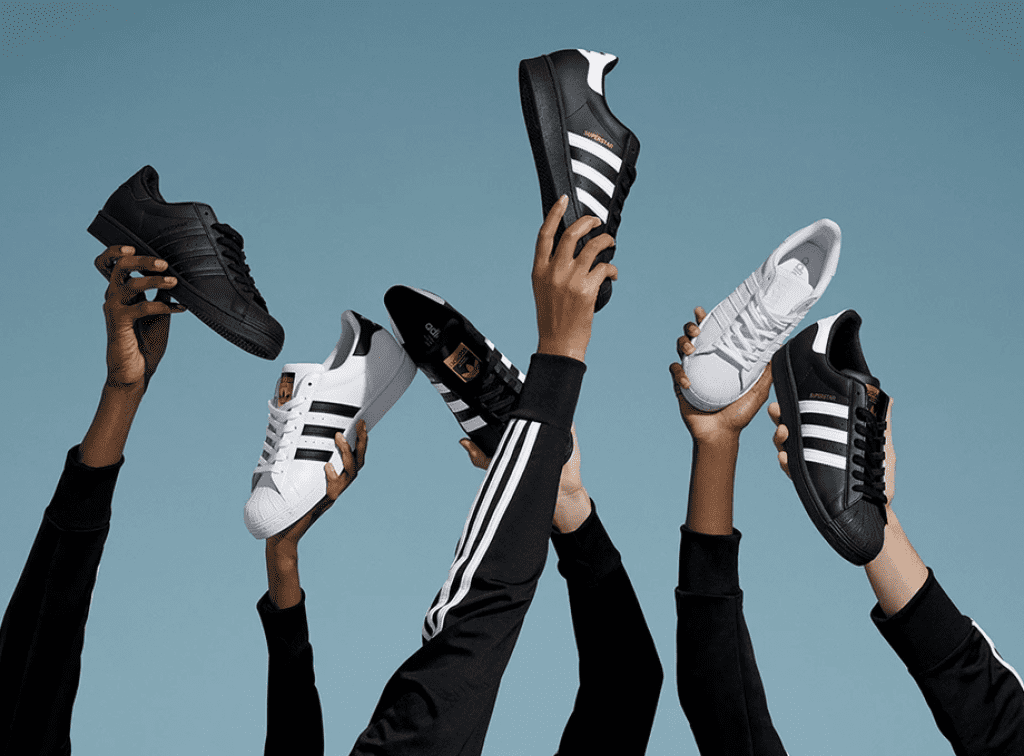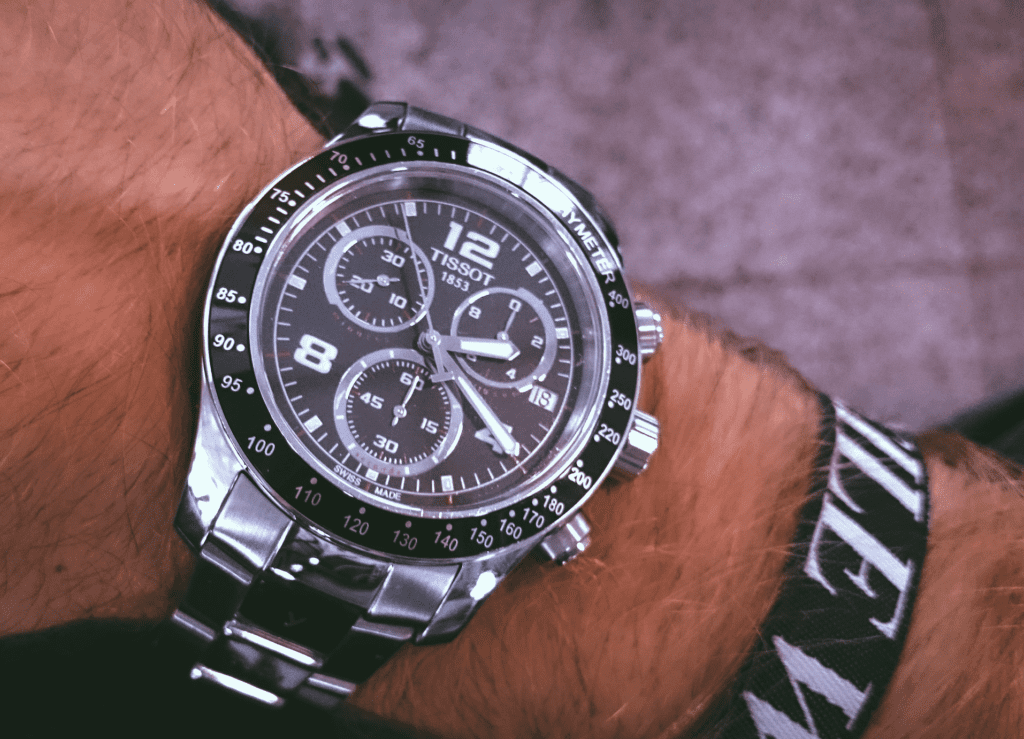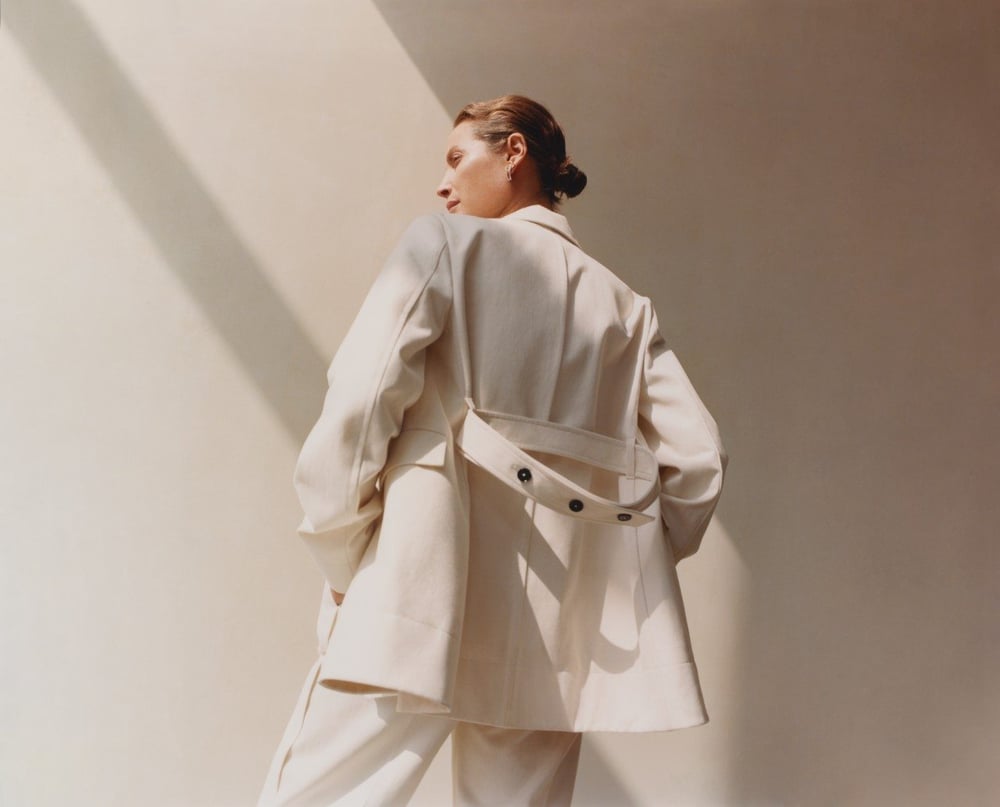Upcycling and other types of product customizations have taken the luxury industry by storm in recent years, as jewelry-makers and apparel companies, alike, look to fashion new wares out of coveted designer garments and accessories. The push towards upcycling and customization more broadly comes as consumers increasingly adopt a sustainability-driven consumption mindset, in some cases, or in others, demand even more exclusive (i.e., customized) offerings than the ones they can find in stores. Unsurprisingly, the rise of these types of products – whether they be reworked garments or customized accessories – has brought with it a string of brand-initiated clashes that pose questions about the legal ins-and-outs of using some of the world’s most famous brand names logos on products after their initial sale.
Chanel, for instance, is garnering attention as of late after sending a cease-and-desist letter to Palm Beach, Florida-based brand J. Logan Home in February in light its use of Chanel scarves to create new wares, including one particular shirt worn by NFL mega-star Travis Kelce. Artisans de Genève also made headlines early this year when the Swiss Federal Supreme Court took on a case waged against it by Rolex over the customization of luxury timepieces, with Rolex arguing that infringed the upmarket Swiss watch workshop infringed its well-known trademarks.
But these instances are hardly novel or isolated in nature, as a number of luxury brands have taken on – and continue to pursue – third parties in the business of offering up “upcycled” or otherwise customized goods on trademark infringement and dilution grounds.
Looking beyond the letter that it sent to J. Logan Home, Chanel has waged trademark infringement and dilution claims against parties in the business of selling jewelry crafted from allegedly authentic Chanel buttons. In one such case, which has since settled, Chanel accused Atlanta, Georgia-based company Shiver + Duke of taking buttons emblazoned with its CC monogram, putting them on chains, earrings, and bracelets, and selling them without its authorization. According to Chanel’s February 2021 complaint, such activities run afoul of trademark law, as the resulting jewelry is not only likely to cause confusion among consumers as to the source of – and/or Chanel’s connection to (or endorsement of) – the jewelry, but the Chanel logo-bearing wares unlawfully piggyback on “the selling power and fame of the Chanel marks.”
Fast forward to November 2022, and as TFL exclusively reported, Sandra Ling and her company Sandra Ling Designs, Inc. (collectively, “SLD”) agreed to settle a trademark counterfeiting, infringement, and dilution lawsuit waged against them by Louis Vuitton for “willfully” co-opting its famous trademarks to create new apparel and accessories. In furtherance of the settlement, SLD consented to a judgment, as well as a $603,000 damages award for Louis Vuitton and a permanent injunction that bars them from selling apparel and accessories made from “purportedly authentic pre-owned” Louis Vuitton goods that they “disassembled and deconstructed” to craft new products.
Louis Vuitton argued in the case that while SLD’s goods continued to “prominently” bear its well-known trademarks, the “fundamental alterations” made by SLD transformed the once-authentic Louis Vuitton products into ones that “do not meet Louis Vuitton’s strict quality standards,” and thus, are “no longer genuine Louis Vuitton products.” Unsurprisingly, SLD responded to Louis Vuitton’s lawsuit by claiming that their activities fall neatly within the realm of “upcycling,” and as a result, they should be shielded from liability by the first sale doctrine.
Upcycling: Questions to Consider
The Sandra Ling and Chanel cases are just two examples of the legal battles being born out of the rise of upcycling and product customization, as luxury goods companies and sportswear giants, alike, look to crack down on what they have characterized as attempts by third parties to improperly align themselves with – and profit from – the appeal of these well-known brands by making unauthorized use of their world-famous trademarks. Nike, for example, has pursued claims against customizers of its famous footwear, including MSCHF, while Rolex has taken on parties like La Californienne over the sale of modified watches that make use of Rolex trademarks.
At the same time, Coperni landed on the receiving end of a trademark case filed by Levi’s last year for allegedly offering up “unauthorized ‘reworked’ versions of [Levi’s] authentic apparel products” that “retain its Arcuate and Tab trademarks in a manner that is likely to confuse consumers about the source of [the reworked] Coperni products” and/or whether or not there is “a relationship between” Coperni and Levi’s. Still yet, Ralph Lauren filed suit against VNDS Los Angeles several years ago over its sale of “retro inspired custom apparel and accessories” made from Ralph Lauren products. According to Ralph Lauren, the company’s use of its marks was “likely to cause and [was actually] causing confusion, mistake, and deception as to the origin and quality of the counterfeit Ralph Lauren products among the general public.”
These cases raise some interesting and nuanced questions, as companies appear to be actively testing the bounds of their trademark rights in order to exert control over how, where, and by whom products (including once-authentic ones) bearing their names and other trademarks are sold. At a high level, these cases raise critical questions about the bounds of the first sale doctrine, a well-established trademark principle that provides that an individual/entity can stock and resell genuine trademark-bearing products without the trademark holder’s authorization and without running afoul of trademark law once the trademark holder first sells those goods in a given market. (This is, of course, subject to some important exceptions.)
Beyond that, these instances pit elements of circularity/sustainability, which are commonly-cited motivations for upcyclers, against brand enforcement issues, which companies argue are a critical aspect in their ability to maintain robust trademark rights and keep the goodwill associated with those marks (and their corresponding pricing power) intact.
Not a Lot of Answers
With exceptions like the Hamilton watch case, for instance, which saw the U.S. Court of Appeals for the Second Circuit determine that upcycler Vortic LLC did not run afoul of U.S. trademark law by selling restored and modified watches consisting of original Hamilton parts and including Hamilton’s branding, and the Fifth Circuit’s subsequent decision in the Beckertime case, which centered on modified watches, most of the upcycling/customization cases have not provided much guidance by way of substantive decisions from the courts.
But even without a long list of decisions to go by, this somewhat steady stream of cases provides some insight in that it drives home the point that even with the first sale doctrine at play, upcycled goods and/or product customizations are not always fair game. Whether a company can upcycle or customize trademark-bearing goods without landing on the opposite end of merited litigation waged by luxury titans and sportswear behemoths will depend not only on the state of the resold product, itself, but also the terms/conditions in which it is offered up for sale. And in many cases, this may call into question the potential disclosures or disclaimers made by the upcyclers, and their effectiveness at lessening the potential for confusion. In short: it will rarely be as straightforward as pointing to the first sale doctrine for an easy out.











